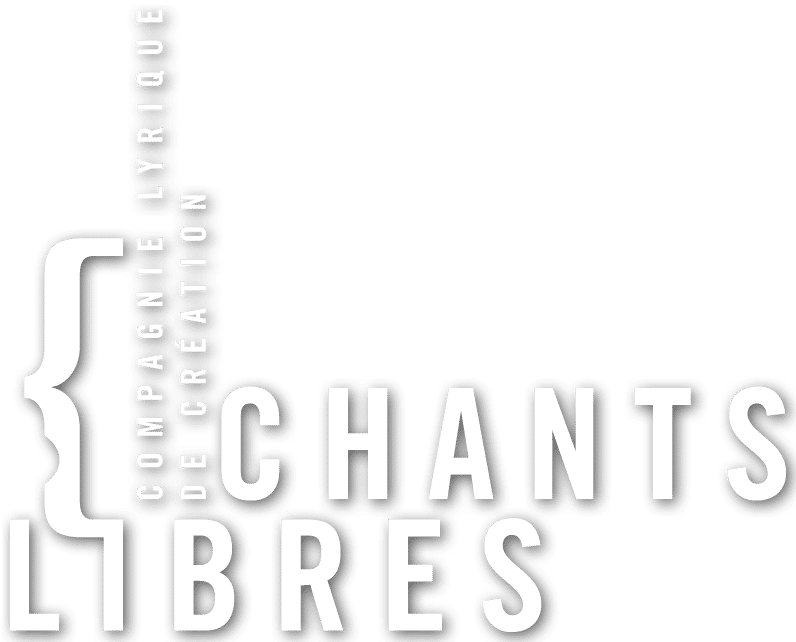Libretto: Yan Muckle
Stage direction: Pauline Vaillancourt
Zack Settel, music | Yan Muckle, libretto | Pauline Vaillancourt, concept and stage direction | Jocelyne Alloucherie, stage design | Nicolas Descoteaux, lighting | Marianne Thériault, costumes |Jacques-Lee Pelletier, make-up | Lina Cruz, choreography | Jean Décarie and Catherine Parent, video
Pauline Vaillancourt, soprano | Jessica Wise, soprano | François-Olivier Jean, tenor | John Giffen, bass-baritone | Steeve Vérayie, bass | Patrick Mallette, bass-baritone | Philippe Martel, bass-baritone | François Dubé, bass
In Extensio | Cristian Germán Gort, conductor
Collaboration with Hexagram-UQAM | Centre de recherche en arts médiatiques, Le Vivier, VYV and with the ensemble In Extensio.
Alexandra received a residence at Usine C.
May 15, 2012, Usine C, Montreal, world premiere
May 16, 17, 18, 19, 2012, Usine C, Montreal
Si Chants Libres m’était conté invites you to (re)discover an explorer with an extraordinary destiny.
Alexandra David-Néel’s incredible journey to Tibet; the woman with soles of wind
This “road opera” is inspired by the extraordinary life of this French adventurer who travelled over the world’s highest peaks in sometimes extreme conditions.
Having lived more than a hundred years (1868-1969), she was in turns an anarchist, an opera singer, a journalist, a freemason, a feminist, a free thinker, a Buddhist, a reporter, a writer, an explorer and a philosopher. She dared to travel to the ends of the world at a time when women felt unable to take up such a challenge. Her many journeys were as varied as her many talents. She embarked on a spiritual journey as she adopted Buddhism and discovered a passion for Hinduism, a personal journey when she received the teachings of a Tibetan master in the far reaches of the Himalayas of the Upper Sikkim, and many other journeys as she made her way along difficult routes in sometimes extreme conditions, including travelling more than 3000 kilometers into mysterious Tibet. from Nepal to Japan, from Korea to the interior of China, form India to the mysterious, and at that time forbidden, Tibet. She was the first Western woman to enter Lhassa in 1924, after an incredible and secretive trek accompanied by a young citizen of Sikkim, Aphur Yongden, who became her adopted son in 1929.
Alexandra’s epic life offers us a lesson in courage, curiosity and perseverance. She always lived up to her motto ‘Follow the ways of your heart and whatever your eyes can see’. She wanted to explore the fullness of truth, which always led her farther, making her constantly go beyond her limits…
It is this clandestine and dangerous journey that will be at the heart of this opera.




